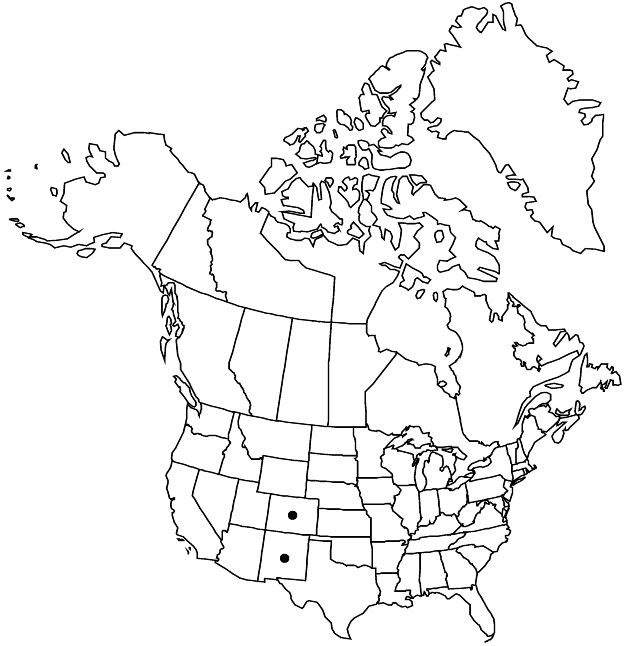Difference between revisions of "Rhamnus smithii"
Pittonia 3: 17. 1896.
FNA>Volume Importer |
imported>Volume Importer |
||
| Line 50: | Line 50: | ||
|publication year=1896 | |publication year=1896 | ||
|special status=Endemic | |special status=Endemic | ||
| − | |source xml=https:// | + | |source xml=https://bibilujan@bitbucket.org/aafc-mbb/fna-data-curation.git/src/bb6b7e3a7de7d3b7888a1ad48c7fd8f5c722d8d6/coarse_grained_fna_xml/V12/V12_727.xml |
|genus=Rhamnus | |genus=Rhamnus | ||
|species=Rhamnus smithii | |species=Rhamnus smithii | ||
Revision as of 20:11, 27 May 2020
Shrubs, 1–3 m, unarmed. Branchlets greenish to brown, 5 cm, minutely puberulent, glabrescent. Bud scales pale golden to yellowish, thin, glossy. Leaves deciduous, usually alternate, rarely subopposite; petiole 3–6(–8) mm; blade green abaxially, glossy green or yellow-green adaxially, usually lanceolate, sometimes elliptic-lanceolate or oblong-lanceolate, 3–8 cm, herbaceous to subcoriaceous, base cuneate, margins crenulate to serrulate, apex acute to obtuse or rounded, both surfaces glabrous; secondary veins 7–11 pairs, all diverging at nearly same angle. Inflorescences axillary fascicles or flowers solitary. Pedicels (0–)0.5–2.5 mm. Sepals 4. Petals 4. Drupes black, globose or slightly elongate, 4–6(–8) mm; stones 2.
Phenology: Flowering May–Jun.
Habitat: Dry, grassy hillsides, gravelly terraces, shale knolls, mesic slopes, rocky meadows, sandy alluvium, sagebrush, conifer forests.
Elevation: 2100–2600(–3000) m.
Discussion
Selected References
None.
